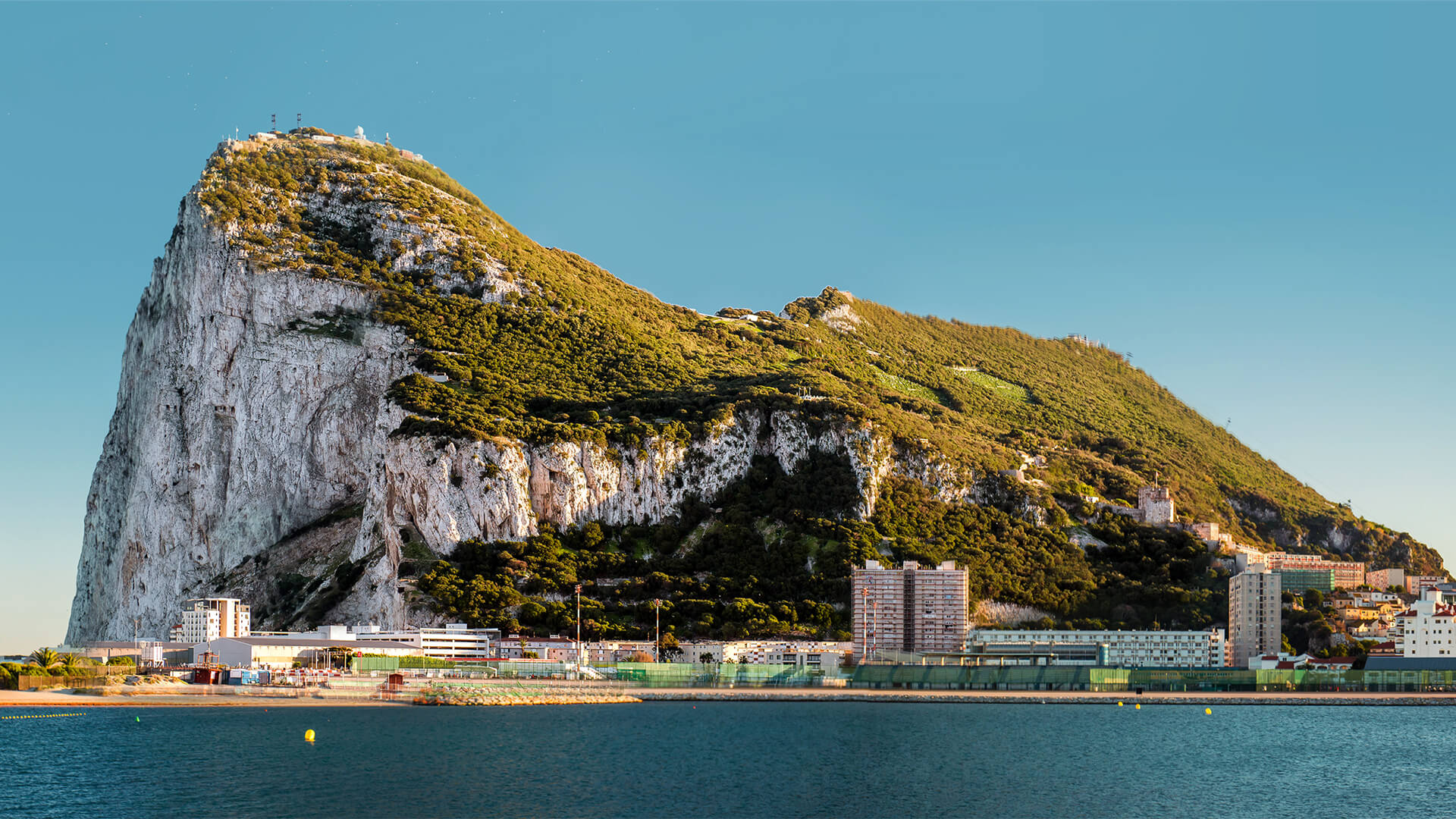
Gibraltar stands at one end of the 8-mile opening between the Mediterranean Sea and the Atlantic Ocean. The relatively closed nature of the Mediterranean and proximity of nearby shores allowed for the entire basin to exist as a trading hub even before the discovery of deepwater navigation. The Mediterranean served as the central node linking suppliers in Asia to consumers in Europe, leaving Persian, Arab and eventually Ottoman middleman to grow rich controlling the flow of goods and money.
The strategic significance of holding Gibraltar (officially a dominion of the British since the 1713 Treaty of Utrecht) has waned in the era of Bretton Woods, with the United States guaranteeing the free flow of goods throughout the world’s oceans. But in a world where Washington sees diminishing value in keeping the seas open for the benefit of the global economy, regional powers may again scramble for control over chokepoints like Gibraltar.
In this the United Kingdom is very well positioned. Not only is the American-British alliance likely to be enhanced in the years to come, the British navy is consistently among the world’s three most competent, and is the only one – excepting the American – to sport functional aircraft carriers.



